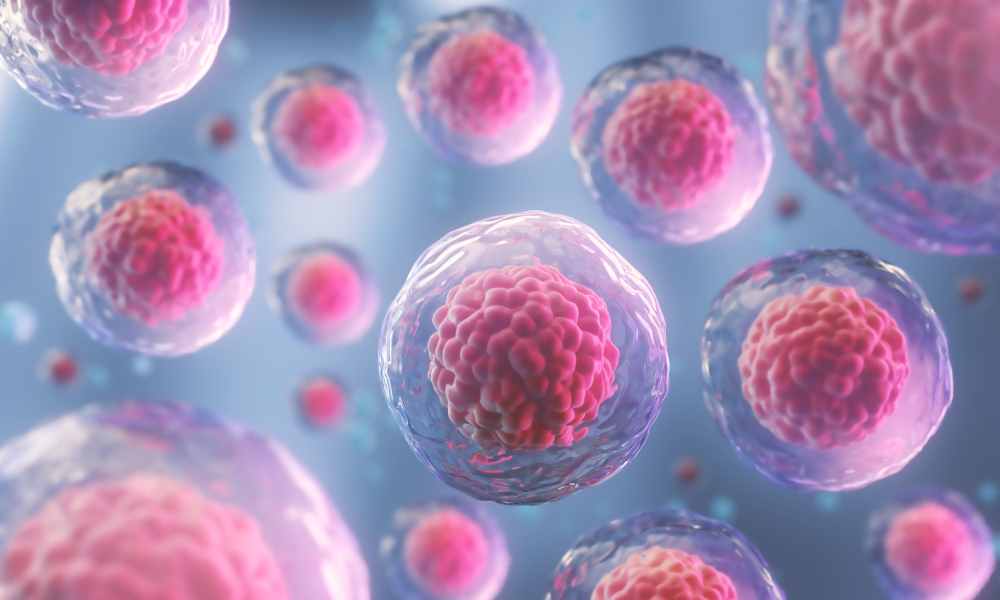Embryo transfer is done via the canal of the cervix to the uterus with the help of a slim,
flexible catheter made of plastic. This process is fast and pain-free. For the embryo
transfer, only the best morphology blastocysts are chosen to be transferred.
Single elective embryo transfer is recommended; this is the transfer of one of the “best”
selected embryo into the uterus. This results in a clinical pregnancy rate of above 70
percent per embryo transfer in our donor assisted IVF programs and above 60 percent
clinical pregnancy rate per transfer of frozen embryos.
The transfer of two embryos will not increase pregnancy rates considerably, but will
raise the health risks for the mother and the fetus if a twin pregnancy occurs (22 percent
chance of multiple pregnancy when transferring two embryos).
That is why BetaPlus adheres to the concept of preserving our high success rates, not
through the means of number of transferred embryos, but through the meticulous donor
choice and laboratory excellence.
Treatment After Embryo Transfer
Once the embryo has been transferred into your uterus, you will continue to take
estrogen and progesterone for 10 days before taking a pregnancy test (this will be a
blood test). Should the test result be positive, you will carry out an ultrasound scan four
weeks later to confirm your pregnancy.
You will continue with your hormonal medication until 12-13 weeks of pregnancy when
the placenta becomes mature and produces enough hormones to support the
pregnancy itself. From this term of pregnancy, you will not usually need more specific
support than a naturally conceived pregnancy, and the prognosis of carrying it to the full
term is very good. After most of your hormonal support is discontinued, you will take
only progesterone, in a low dose, up to Week 32 to keep your cervix long, strong, and
closed and to reduce the risk of a late miscarriage or an early birth.
We look forward to receiving your news about the result of your pregnancy test, so
please inform us when you get your Beta hCG result. In case of a positive outcome, we
will be glad to advise and support you further with all the necessary information.
If, however, the result is negative, we remain by your side to help you with any
information you require—and to guide you in the next steps.
The miscarriage risk after a donor assisted IVF cycle/FET is no higher than that of a
young woman in her 20s, using her own eggs. This is due to the several reasons:
- The use of mature-grade eggs
- The choice of the best quality embryo to transfer
- The most efficient hormonal support
Please ask us for a video or telephone consultation; this will allow us to talk to you
about your medical history and personally advise you about your ideal treatment plan,
resulting in a live birth.
